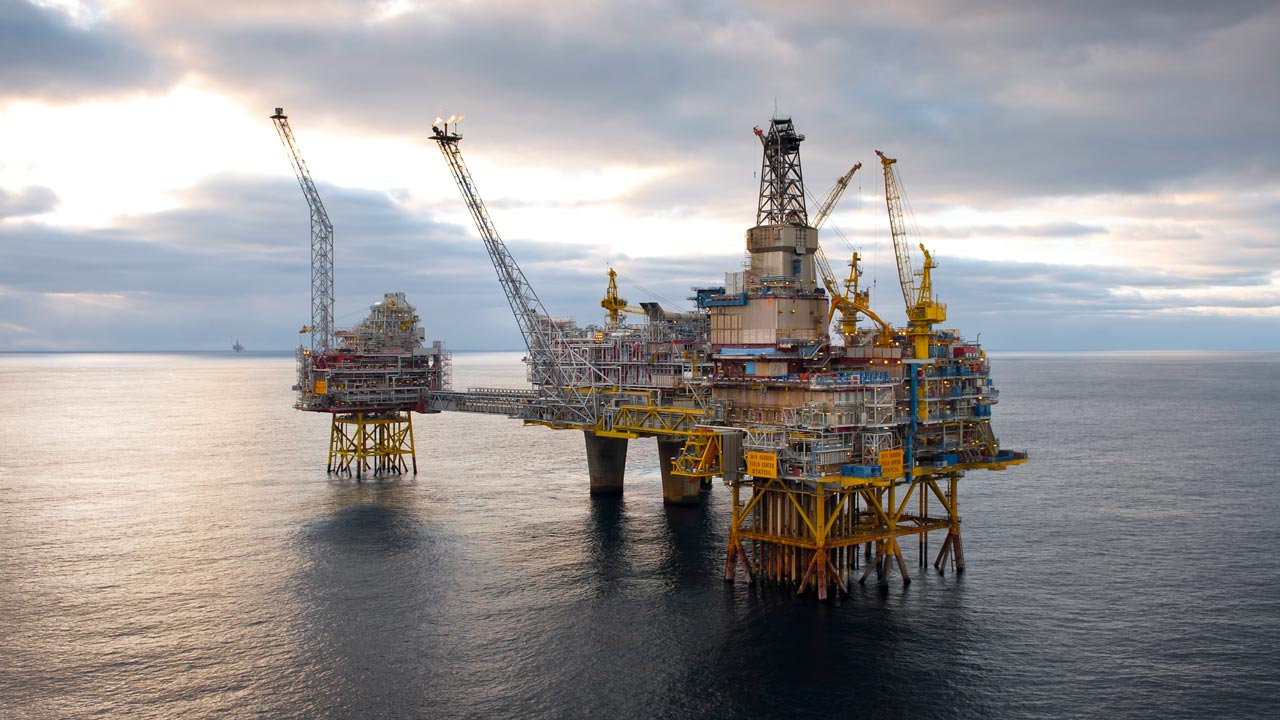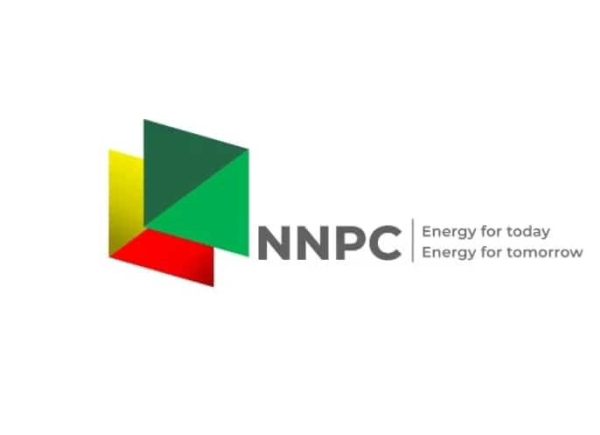Regulatory gangsterism, political interference and fear of loss of investments are the three factors prevailing on major local and international investors in their sudden apathy for the final investment decision (FID) on the Train 7 of the Nigeria LNG Limited.
This was the outcome of investigations on why eight months after the signing of the Front End Engineering Design contract for Train 7, uncertainty has overshadowed way forward in the multibillion dollar scheme.
According to sources close to relevant offices within the Nigeria National Petroleum Corporation (NNPC), there had been internal disagreements on certain provisions in the initial rule of engagements over impositions and unpopular alterations on the contract delivery outlay for Train 7 scheme of the NLNG.
The company is jointly owned by the NNPC (49 per cent), Shell (25.6 per cent), Total (15 per cent) and Eni (10.4 per cent).
Though the credible sources held the disturbing issues up in their chests, it would be recalled that the NNPC, which is one of the shareholders, had announced in July last year that the FID for the project was expected to be taken in the fourth quarter of 2018.
Another source within the corridors of interested foreign partners confided in Business Hilights in Lagos hinted that part of the reasons for their delays cannot be unconnected with rising investment windows in LNG from across gas producing nations in other parts of the world and mainly emerging LNG nations in Africa like Ghana, Tanzania, Equatorial Guinea, Gabon and Angola.
The source added that terms and conditions for LNG investments in many of these nations and their levels of government interferences are better than what obtains here in Nigeria in the last one year.
The NLNG Train 7 expansion project aims to increase the company’s production capacity from 22 metric tonnes per annum to over 30 MTPA by upgrading Trains 1-6 and adding of train 7 and associated infrastructure at an estimated cost of $4.3bn, according to a statement by the NNPC.
However, the Manager, Corporate Communications and Public Affairs at NLNG, Mr Andy Odeh, has raised fresh but conflicting angle as to why the delay has been on since last year.
Whereas he claimed that “The contract for FEED was awarded to two consortia in July 2018,” his position therefore raises questions on the assurance given by the NNPC in the same July last knowing full well that the FEED work is expected to be completed by the second quarter of 2019. FEED is the basic engineering conducted after the completion of conceptual design or feasibility study.
More controversies surrounding his position according to experts include the fact that if FEED work takes about one year in case of a large-sized project such as an LNG plant, how is it going to be possible to be delivered on second quarter of this year?
Odeh further claimed that “The consortia continue to make excellent progress as the design programmes are being executed on schedule and in line with NLNG’s demand for the highest standards of safety and quality,” while responding to an interview question recently.
Continuing, he noted that “The NLNG is fully focused on achieving other pre-conditions, which will eventually lead to Final Investment Decision and the success of the project.”
While revealing that after FID on the Train 7 project, construction period would last approximately four to five years, he added that “We expect train 7 to be operational by 2024. Long-term contracts have been signed”.
Nigeria’s LNG scheme seems to be facing serious market crisis due to the global LNG market dynamics which have shored up increasing competition from new supply sources as well as new opportunities in established and emerging markets.









